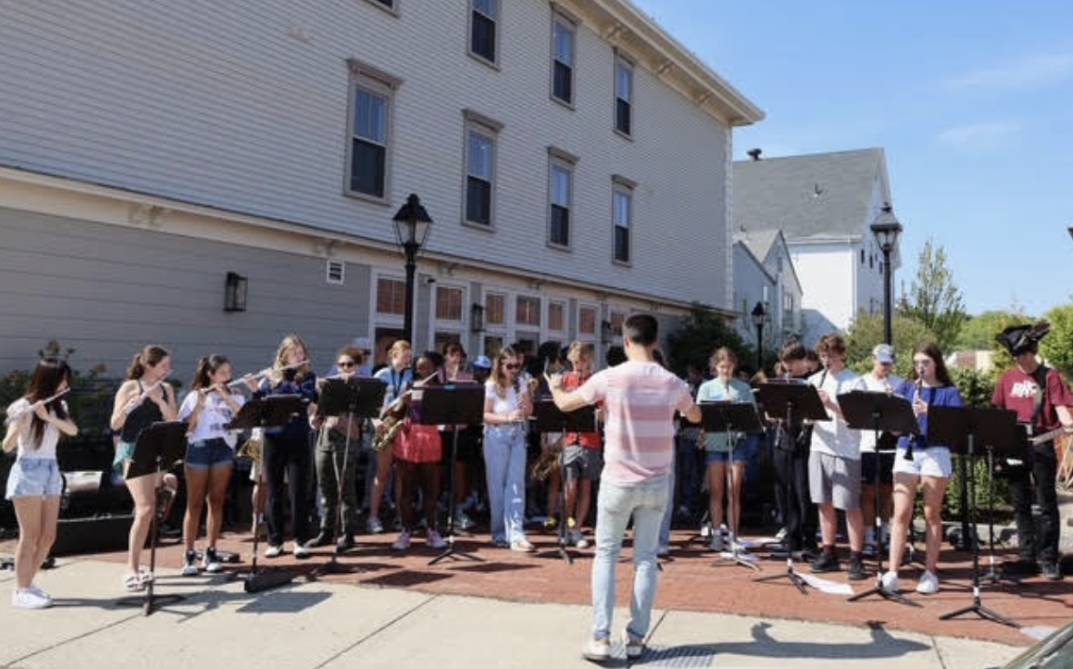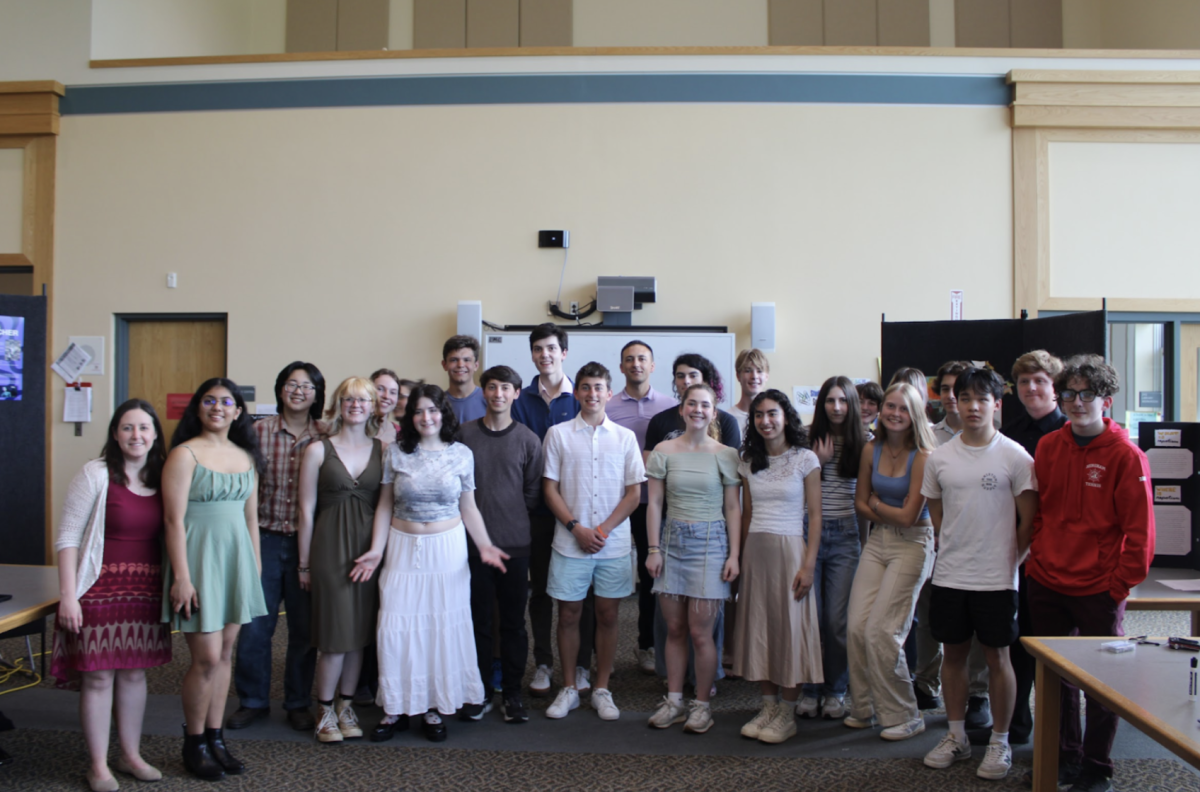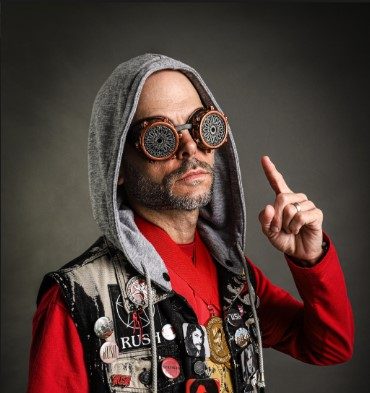Islamophobia in the U.S
April 10, 2016
Islamophobia in the United States is a big problem that is relevant today, as many Americans are associating Muslim people with one terrorist group. The word Islamophobia means: “the dislike or prejudice against Islam or Muslims, especially as a political force.”
Some American people may fear a Muslim person, immediately connecting that person with Isis. Though the vast majority of Muslims do not support Isis, the media tends to show the tiny, tiny percent that makes up this group and their supporters. American Muslim children are growing up in a difficult time because the minute they step out into the world they are opening themselves up to scrutiny and hate crimes that are becoming more and more common.
The question we are trying to answer is: Why do some citizens of the United States feel this fear and hatred towards people just based on looks, and how can it be stopped? The media is information at our fingertips and using that to our advantage will help spread the message not to discriminate or stereotype. During a recent Global Citizenship Program lunch event we discussed having a Friday Show segment that would show students photos of different people and then gauge their reactions. We could feature what the first impressions they got from photos of a Muslim person would be. We want to show people that prejudice against a group based on first glance is harmful and racist.
Although Islamophobia is something that has been around before the attack on the Twin Towers, after 9/11, the hatred towards the Muslim people in the United States increased. Making life miserable for American Muslims will not solve the problem of terrorist groups. The two are not connected. All it does is give the United States a worse reputation for being prejudice against innocent people.
The issue of Islamophobia is not one that can be solved overnight. Many people, still, don’t know how to act around Muslim people and draw immediate conclusions without getting to know the person. However, any step to make the United States a more compassionate, accepting place is one worth taking.
































